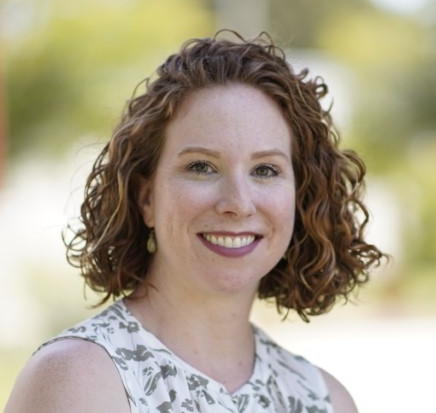
Mikaela Mack
You always fear the consequences of using AI in school until you’re left with no other choice. Many college students now face the consequences of their actions, for better or worse.
There’s always one class that no matter how much time you dedicate to it, will unapologetically drag you through the mud, forcing you to claw your way up to the nearest letter grade. And in the spring semester, Biological Anthropology had me fighting for my life.
The day after our first exam, my heart was already racing before sinking six feet in the ground. A week’s worth of studying amounted to nothing because before we could even see our grades, Professor Lauren Taylor-Hill stood in front of the classroom with an expression that was difficult to perceive as anything other than our impending doom.

In an interview taken place after spring semester concluded, Professor Taylor recounts the situation that changed the trajectory of many students’ lives and ultimately, her own. Noting first and foremost, that this was no isolated incident.
If the warnings written in blood red 60 point font all over the syllabus weren’t enough to deter anyone, you were given one final message before taking the exam online that the use of AI was strictly prohibited.
But a few rotten apples will always spoil the bunch. And we were no exception, as it was revealed that multiple people had used various AI plug-ins thought to be undetectable by Canvas.
The use of AI has become so normalized that if you’re not using ChatGPT to regulate your mental breakdowns, you’re already behind the times. Even so, nothing could prepare you for the most shocking detail uncovered.
In an annual survey done by Campus Technology that takes figures from academic reports, Microsoft found that in 2025, 93% of all students across the US have used AI at least once for school-related purposes. Comparing that adoption rate to the previous year when it was originally 86% in 2024, it is now nearly impossible to find any student that hasn’t already turned to AI for academic assistance.
At Solano, the Academic Senate has left the responsibility of mitigating the risks of AI up to each instructor, knowing full well that this issue is not going away. So as an institution, Solano is forced to adapt, having the hard conversations only when it affects an individual student’s grade.
Going back to our worst case scenario, due to the repeated offense, Professor Taylor was forced to change her entire lesson plan, as well as sacrifice review days meant to prepare students for an upcoming exam.
I won’t mince words and I hate to sound like an oldhead screaming “Clanker!” at your fancy Tesla robots but this practice has to be met with resistance in order to curb the damage being done to our education systems.
If we fast forward 25 years, we’re all going to be at the mercy of physicians that showed off their ChatGPT prompt history at their graduations, flaunting the arrogance of completing a degree without doing any of the work.
As Professor Taylor so eloquently put it, you’re given the choice to choose between taking a pill that will magically transform your body to Chris Hemsworth levels or slave away at the gym for years, starving yourself to achieve the same results. And people aren’t idiots, of course they’ll take the red pill.
“But when it comes to shaping the minds of 18-24 year olds, we have to choose the hard route if we expect to develop critical thinking skills using the resources at hand. We can’t lose that, we can’t lose the humanness of education.” concluded Professor Taylor.